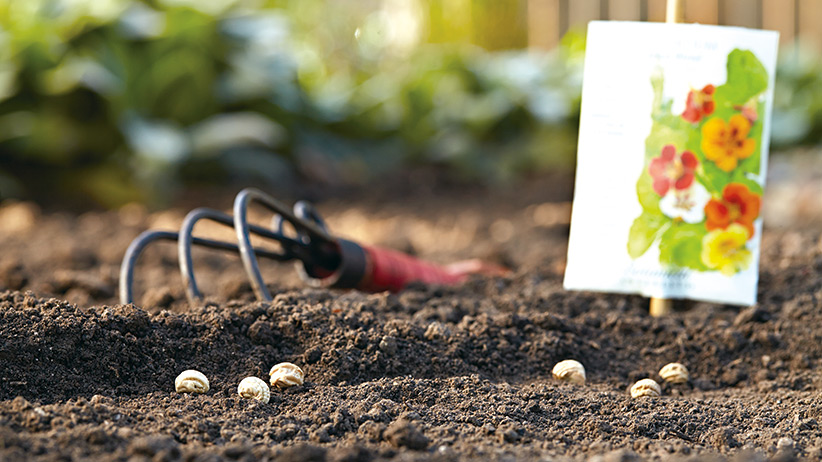Growing Hope: How Gardening Nurtures Mental Wellness
- MidnightAce

- May 31, 2025
- 3 min read

May is Mental Health Awareness Month – a time to shine light on the importance of mental wellness and discover healing paths that bloom right in our own backyards.
There's something magical about getting your hands dirty in the soil. Maybe it's the earthy scent that rises when you water freshly planted seeds, or the quiet satisfaction of watching a tiny green shoot push through the darkness toward the sun. What many gardeners have known intuitively for centuries, science is now confirming: gardening isn't just good for our gardens – it's profoundly healing for our minds.

The Science Behind the Soil
Studies show that just 30 minutes of gardening can reduce cortisol levels – our body's primary stress hormone – more effectively than many other leisure activities. The benefits go far deeper than stress relief.
Gardening engages what psychologists call "effortless attention." Unlike the demanding focus required for work or digital screens, tending to plants allows our minds to rest while staying gently engaged. This mental state, similar to meditation, helps reduce symptoms of anxiety and depression while improving overall mood.
The physical act of gardening also triggers the release of serotonin, often called our "happiness hormone." Interestingly, this boost comes not just from the satisfaction of nurturing growth, but from actual contact with soil bacteria called Mycobacterium vaccae, which naturally elevates serotonin levels when we breathe it in or absorb it through small cuts on our hands.
Rooting Out Anxiety and Depression
Corporate Executives and Veterans have used such methods to combat anxiety and depression. Example from a corporate executive: "I started with just a few herbs on my apartment balcony," she shares. "Watching them grow gave me something positive to focus on when my mind was racing. Now, my morning routine of watering and checking on my plants grounds me before facing the day." Gardening provides what therapists call "behavioral activation" – purposeful activities that combat the withdrawal and inactivity often associated with depression. The routine of caring for plants creates structure, while the seasonal cycles offer natural goals and milestones to anticipate.
Veterans' programs across the country have embraced horticultural therapy with remarkable results.
Community and Social Bonds
Gardening also encourages social interaction. Community gardens and gardening clubs offer venues for individuals to connect with others, share experiences, and develop relationships. This sense of community can be immensely beneficial for mental health.

The Therapeutic Garden: Small Spaces, Big Impact
You don't need acres of land to reap the gardening's mental health benefits. A windowsill herb garden, a few succulents on a desk, or even tending to houseplants can provide therapeutic value. The key is the act of nurturing – giving care and attention to something living that responds to your efforts.

For apartment dwellers, vertical gardens or hanging planters can transform small spaces into green sanctuaries. Even the simple act of propagating plants from cuttings – watching roots develop in a glass of water – can provide the mindful focus that calms racing thoughts.
Practical Steps to Start Your Healing Garden
Begin Small: Start with easy-to-grow plants like herbs, succulents, or cherry tomatoes. Success breeds confidence and continued engagement.
Create a Routine: Set aside specific times for garden care. This structure can be especially beneficial for those dealing with depression or anxiety.
Engage the Senses: Choose plants that appeal to multiple senses – fragrant herbs like lavender or mint, textured leaves, colorful flowers. This multisensory engagement enhances the therapeutic effect.
Practice Mindfulness: While gardening, focus on the present moment. Notice the soil's texture, the weight of the watering can, and the subtle changes in your plants from day to day.
Document Growth: Keep a simple garden journal or take photos of your plants' progress. This practice helps recognize positive change and growth, both in your garden and potentially in yourself.
Seeds of Hope
As we observe Mental Health Awareness Month, consider the humble garden as more than just a source of fresh vegetables or beautiful flowers. In every seed we plant, we're sowing hope. In every plant we tend, we're practicing the art of caring for something else and, ultimately, for ourselves.
The garden reminds us that growth takes time, that setbacks are part of the process, and that with patience and care, beautiful things can flourish even after the darkest winter. In a world that often feels overwhelming and disconnected, perhaps the path to wellness isn't found in complexity, but in the simple, ancient act of putting our hands in the soil and helping something grow.
If you or someone you know is struggling with mental health challenges, remember that help is available. The National Suicide Prevention Lifeline (988) provides 24/7 support, and many communities offer sliding-scale mental health services. Sometimes the most important seed we can plant is the one that asks for help.








Comments